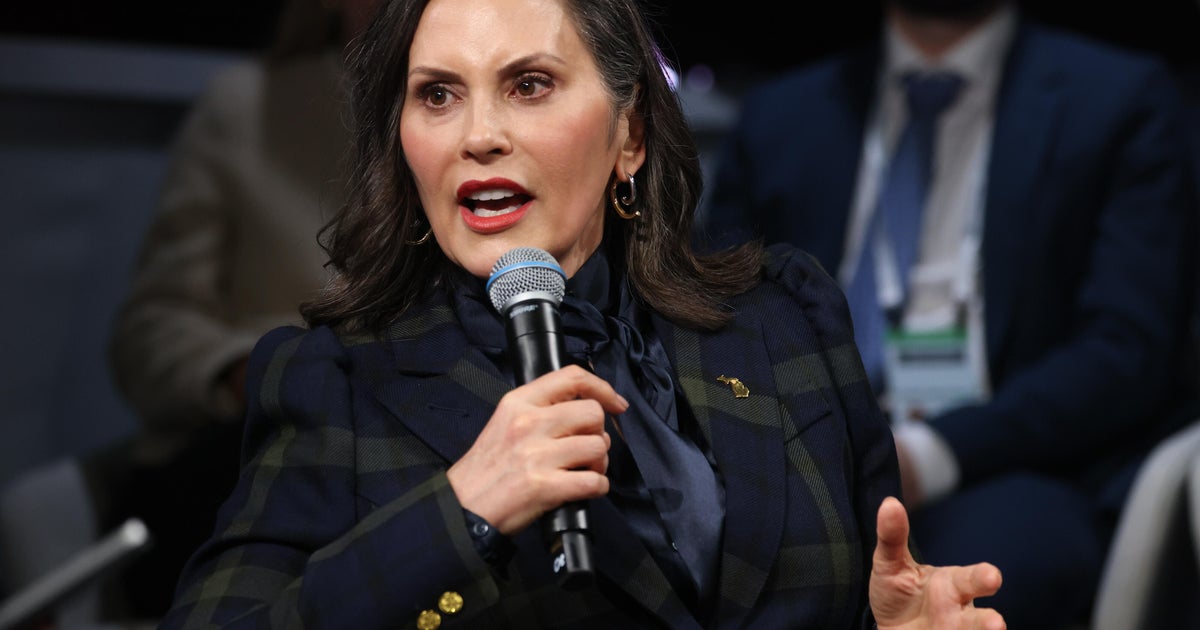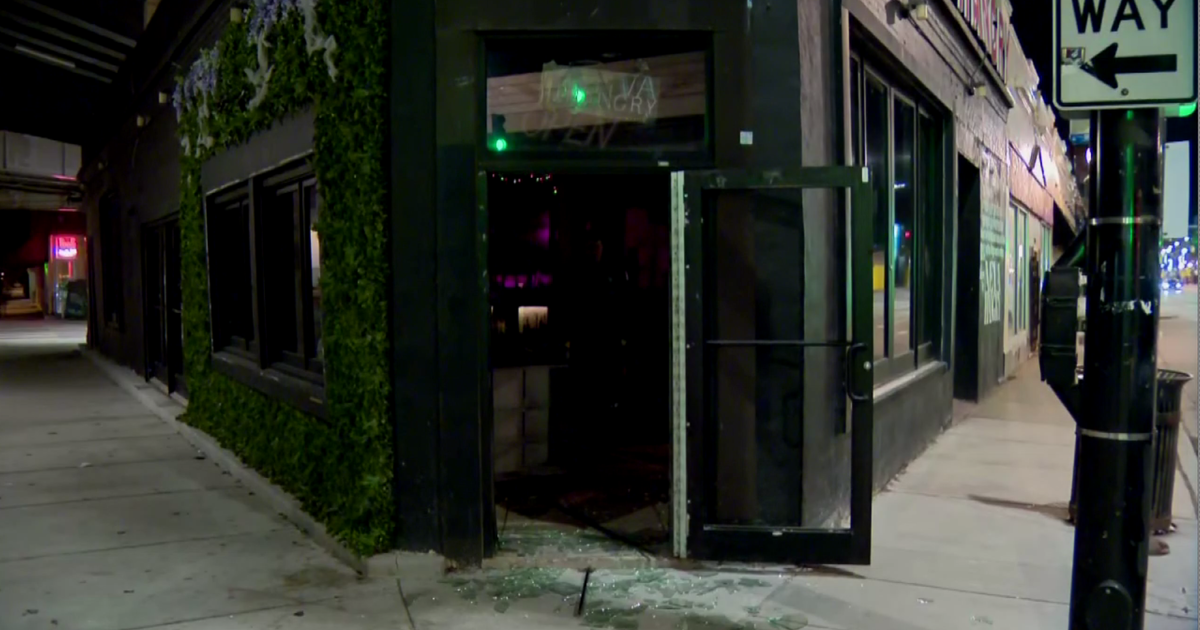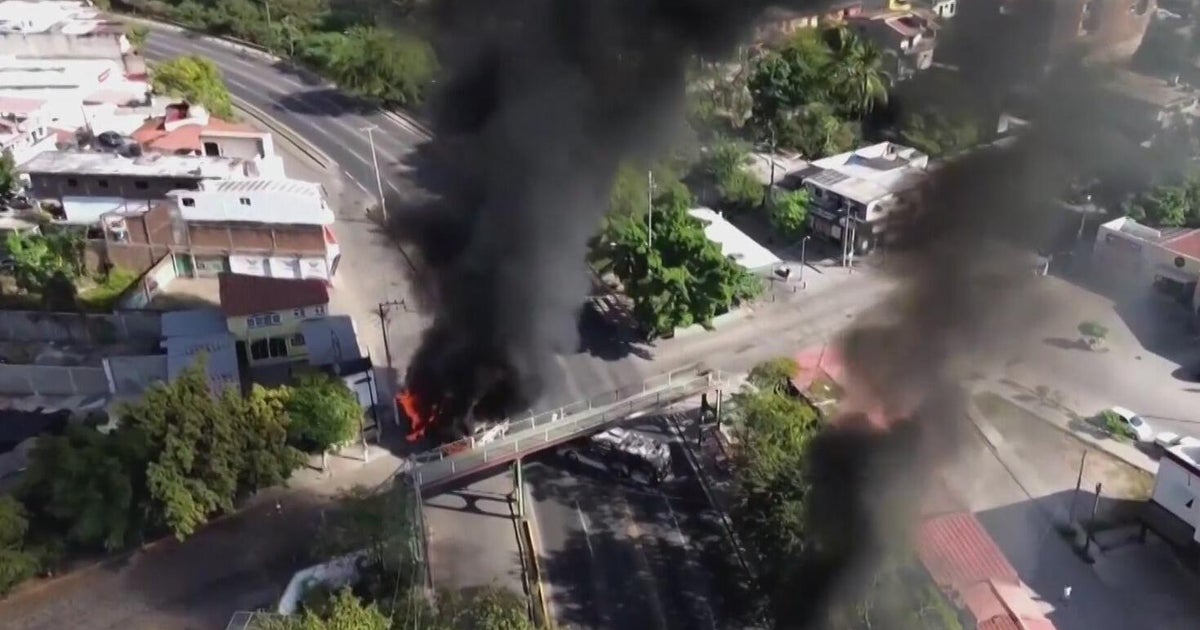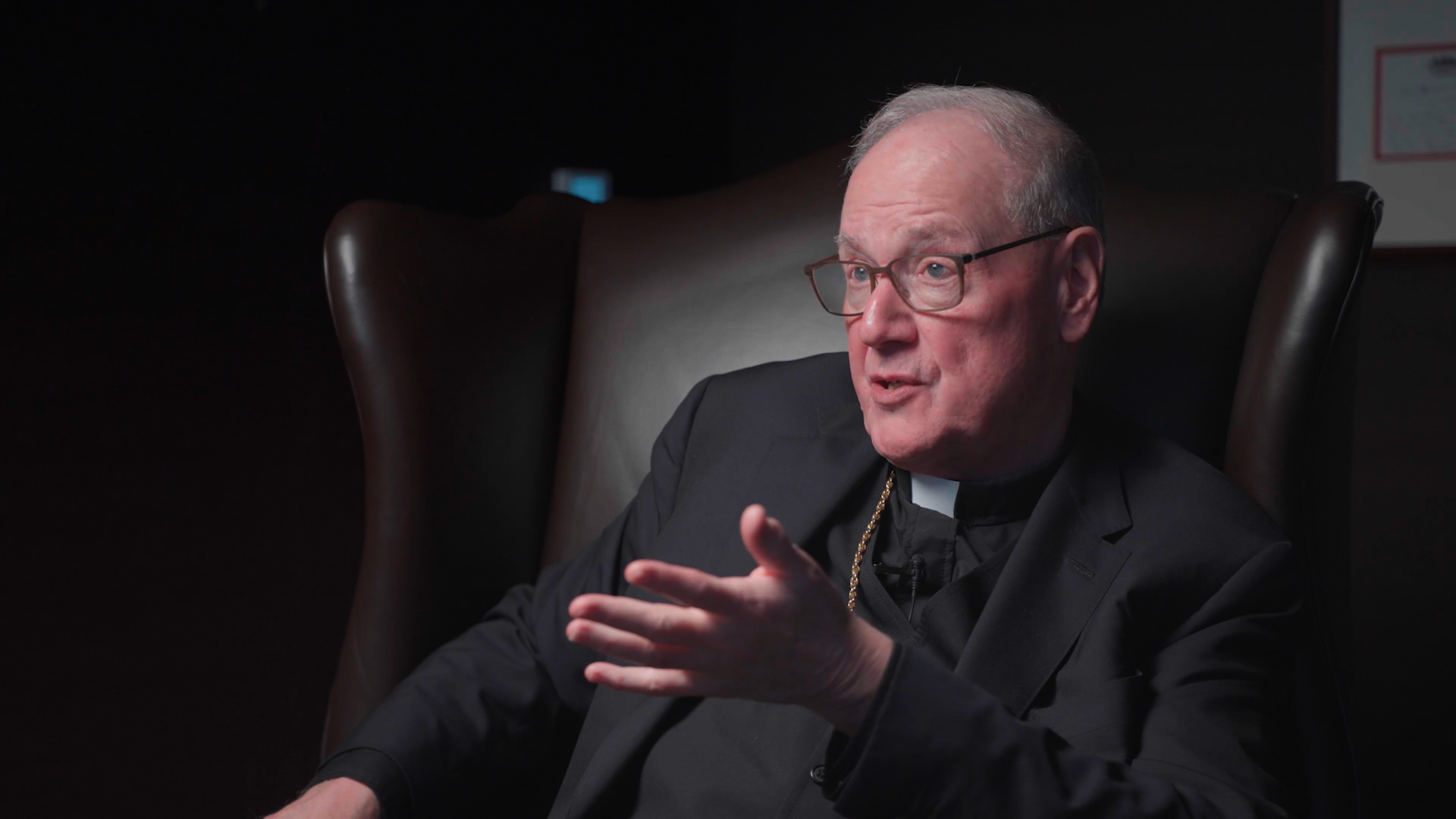Transcript: Mayor Lori Lightfoot discusses coronavirus on "Face the Nation," April 12, 2020
The following is a transcript of an interview with Chicago Mayor Lori Lightfoot, that aired Sunday, April 12, 2020, on "Face the Nation."
MARGARET BRENNAN: And Chicago is one of many cities that has seen a disproportionately high number of coronavirus cases within its minority community. And we go now to the mayor of Chicago, Lori Lightfoot. Mayor, thank you for joining us this morning.
CHICAGO MAYOR LORI LIGHTFOOT: It's my pleasure to be here.
MARGARET BRENNAN: Mayor, the data you shared this week, frankly, shocked a lot of people around this country. 72 percent of your city's deaths have been among black Chicagoans, according to your office,--
LIGHTFOOT: Yes.
MARGARET BRENNAN: --even though they make up just 30 percent of the city's population. Why is this having such a heavy toll in the black community?
LIGHTFOOT: Well, this is an issue that's not unique to Chicago, unfortunately. We're seeing similar kinds of numbers reported across the country in large urban centers. And the answer that we believe is right is because of the underlying conditions that people of color and particularly black folks suffer from, whether it's diabetes, heart disease, upper respiratory illnesses. The kind of things that we've been talking about for a long time that plague black Chicago, that lead to life expectancy gaps. This virus attacks those underlying conditions with a vengeance. Just this morning, I learned of a man that I know well, African American had an underlying condition and went very quickly as a result of the coronavirus. So it is devastating our community.
MARGARET BRENNAN: What you said got the attention of the White House, as well as the surgeon general said from the podium that black Americans are not biologically or genetically predisposed. This is socially predisposed because of pre-existing health issues.
LIGHTFOOT: Right.
MARGARET BRENNAN: He rattled off a number of other factors. The point being, this is so layered in complexity. How do you, as a mayor, start chipping away at this?
LIGHTFOOT: Well, you start by making sure that you've got the data. One of the first things that we did is made sure that we issued an order to require all providers who were doing testing not to skip providing demographic information. We need to be able to accurately understand the impact of this virus. So that's one. Get the data, share the data and then what we also put in place was a racial equity rapid response team. So this is a team of healthcare providers, public health clinicians, as well as stakeholders in community- faith community, block clubs. We have street intervention folks who normally work on responding to violence. We are going all in in a hyper local focus to make sure that we are tapping into those neighborhoods where there's a high death rate, where there's a high positive test rate. And we are bringing people into healthcare systems and making those kind of connections that may not have otherwise existed. But that's the kind of hyper-local focus, along with some other measures that we're doing to disabuse people of the myth that was circulating up until recently, that black people actually couldn't get coronavirus.
MARGARET BRENNAN: One of the other stats that stood out is that so many essential workers, frontline workers,--
LIGHTFOOT: Yes.
MARGARET BRENNAN:--are people of color.
LIGHTFOOT: That's right.
MARGARET BRENNAN: So when it comes to that factor, whose responsibility is it to provide protective equipment? Is it that individual's employer? Is it the mayor like you?
LIGHTFOOT: Well, I--
MARGARET BRENNAN: Is it the federal government?
LIGHTFOOT: Look, I think it starts with the employer. We're calling these people to work. We have a responsibility to make sure that they're taken care of. So for the employers that we are in contact with, whether it's our- our city employees or sanitation workers, whether it's the public transportation workers who are out there every day, we're making sure that they have the equipment that they need: masks, gloves and training. And then we're doing things about the places that they gather, lunchrooms and other places, to decontaminate them, clean them on a regular basis, but also make sure that we're educating them about why congregating, even those seemingly innocuous places, can be a significant problem. On our bus lines, we've added additional buses so that people who are dependent upon public transportation can ride in safety and making sure that we are doing everything we can to educate people about the danger of this disease and emphasizing hand-washing. If you've got an underlying condition, staying at home and making sure that you're isolating yourself within your home from other people who have to go out and work every day.
MARGARET BRENNAN: Dr. Fauci said this morning there could be a rolling reopening of the economy by May. Do you plan to open up Chicago by next month?
LIGHTFOOT: Well, I- I heard the comments of Governor Murphy. And I think he's got it 100 percent right. We cannot open up the economy until we make sure that we've got all the healthcare controls in place. That means widespread testing, contact tracing, and we've got to see not just a flattening of the curve, but a bending down. We're- we're trending in the right direction here in Chicago. We started out seeing that cases were doubling every one to two days, then every three to four. We're now on a trend of nine to 10, but we've got to see a lot more progress on the healthcare front before we can even start talking about reopening the economy.
MARGARET BRENNAN: Mayor, thank you and good luck to you.
LIGHTFOOT: Thanks so much. I appreciate your time.



